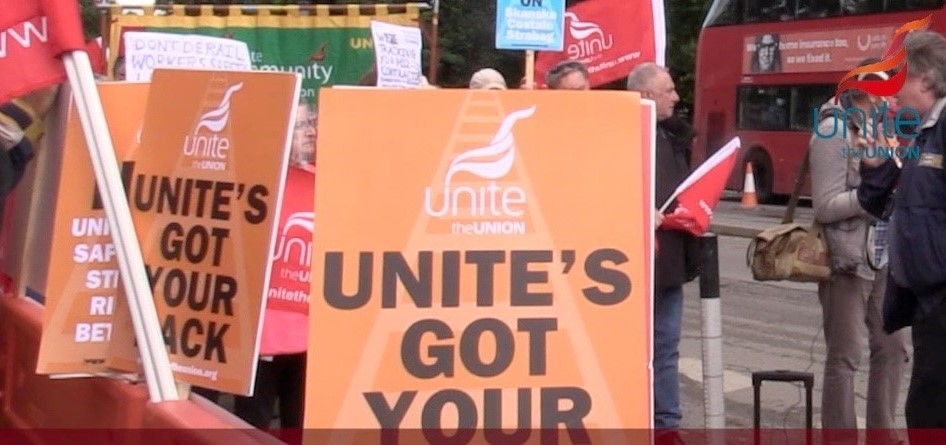‘Absolutely essential’
As Unite’s period dignity campaign goes from strength to strength, with more and more employers signing up to commit to providing free sanitary products in workplaces, the union is breaking down barriers for women in a sector that’s been particularly tough to crack – construction.
While the majority of all workplaces have a long way to go in providing period dignity to their workers, what women face in construction is far beyond what most of us can imagine.
Survey
In a recent Unite survey, women in construction revealed that it isn’t only free pads and tampons that they don’t have access to – decent toilet facilities are often missing altogether.
“Toilets for females are a basic requirement but are usually locked,” one respondent to the Unite survey noted. “You have to seek the key from someone so by the time you find the person with the key, usually male, and after asking several people, also usually male, half the site now knows you want to use a loo. And when you open the door, guess what?  It is usually being used as a storage facility.”
Another respondent highlighted that even though a women’s toilet is technically available, she would be reprimanded for driving to the depot to use this toilet.
“I’ve often been in trouble for driving to use the depot to use the facilities even though it’s the only toilet I have access to with a sanitary disposal bin,” she said.
One member told of how she is forced to keep sanitary products in her toolbox because there are no machines in the toilets. When she raised the issue with her health and safety department, she was treated dismissively in the same way that so many women in the sector are.
“I was told to keep [the sanitary products] in a drawer in the office – but I don’t work in an office?!” she reported.
Another construction member who took Unite’s survey put it succinctly – “Asked for sanitary bins, got ignored. If a female says anything they don’t like, they put it down to PMT.”
As part of its survey of women in construction, Unite has found such attitudes reflected across the board – more than 50 per cent of respondents said they believed their skills were not appreciated or recognised in the workplace, with 65 per cent saying that their employer had failed to make adjustments in the workplace to make it easier for them to carry out their roles.
“In a perceived male dominated workforce, you have your skills and abilities regularly doubted mainly because you’re a woman and some men almost feel threatened if and when you complete a job better than other male colleagues,” explained one woman who took part in the survey. “Some if not all men at first can be extremely patronising towards you, questioning your job role or presume you work in an office.”
Campaign launch
It’s these entrenched attitudes to women in construction in general, as well as specific facilities access issues, that Unite is hoping to tackle with its sector-specific period dignity campaign launched today (January 16).
As part of the campaign, Unite is asking construction  companies to commit to four policies, including ensuring each site or depot has a designated female toilet, which is always accessible, regularly cleaned and lockable, as well as ensuring there are handwashing facilities with running water and soap provided. Sanitary bins, which are cleaned and regularly emptied, should be provided, as should sanitary products, ideally free, in a dispenser in a discreet location.
The first trailblazer to sign up to Unite’s construction period dignity campaign is a Glasgow University Campus site being built by the firm Multiplex; more sites are expected to sign up in the coming weeks.
Unite assistant general secretary Gail Cartmail welcomed Multiplex signing up to the campaign and pledged to highlight other firms that join the campaign and honour its four commitments.
“With ever growing skills shortages in our industry, it is absolutely essential that construction becomes more attractive to women workers,” she said. “A small step in achieving this is to ensure that women construction workers can have period dignity at work.”
In its work to spread its campaign, Unite has written to all construction activists, supplying them with a campaign pack and asking them to work through health and safety committees and lobby management to get the campaign’s policies adopted.
Find out more about Unite’s construction period dignity campaign, and how you can get your employer to sign up here.
 Like
Like Follow
Follow

